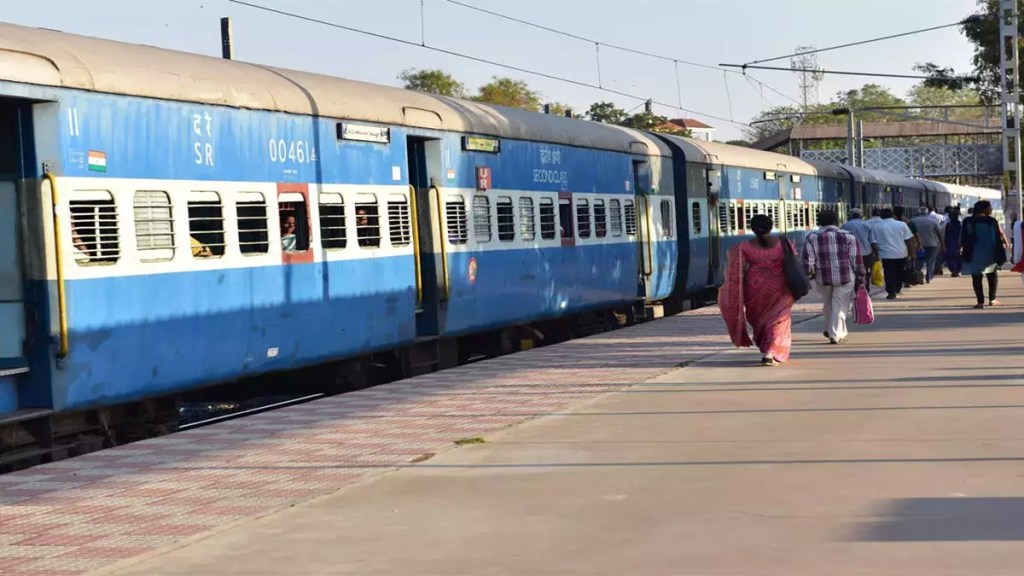Indian Railways: Amid mounting concerns over dirty washrooms, foul-smelling vestibules, and water shortages, the Comptroller and Auditor General (CAG) has raised sharp questions about sanitation and maintenance standards in long-distance trains operated by the South Central Railway (SCR). The report paints a worrying picture of systemic lapses that compromise both passenger comfort and public health, underscoring a gap between official claims and ground realities.
Water shortages in trains
A central finding of the audit is the chronic lack of water supply on several long stretches of the network. Routes such as Katpadi–Vijayawada (559 km) and Renigunta–Vijayawada (450 km) were found to have no intermediate watering points, leaving passengers without functioning toilets or washbasins for hours, according to a TOI report.
Complaints were particularly acute at inter-zonal crossings like Balharshah–Secunderabad and Gudur–Vijayawada, where coordination failures between railway zones aggravated shortages. Although officials admitted that new watering points are under consideration, the current dependence on a handful of stations has left trains vulnerable to repeated water crises.
Railway cleanliness efforts fall short
The CAG noted that while 89% of complaints regarding toilet cleanliness were resolved within the stipulated timeframe, overall conditions remained poor. Joint inspections found choked washbasins, dirty lavatories in sleeper coaches, and unhygienic vestibules on 13 of the 15 trains examined. Bio-toilets in AC coaches were relatively better maintained than those in non-AC classes, but passenger dissatisfaction still exceeded 50% in zones such as East Coast, Western, and Eastern Railways. By contrast, Northern and North Central Railways reported satisfaction levels above 90%.
Clean train stations scheme underperforms
The report was equally critical of the Clean Train Stations (CTS) scheme, which was meant to enable mechanised cleaning during brief halts. Inspections across 29 stations in 12 zones revealed limited use of machines, inadequate manpower, and poor enforcement of contractual obligations. As a result, the scheme’s intended benefits have not been realised. The CAG also flagged lapses in police verification of contractual staff, a serious concern in light of past crimes involving train attendants.
Passenger complaints on rise
In its passenger survey, the audit found that 15% of travellers reported lack of water in toilets and washbasins. More than one lakh complaints were filed through the Rail Madad app in 2022–23, highlighting the depth of the issue. Contractors engaged for sanitation were also found to be operating with significant staff shortages, prompting penalties of over Rs 38 lakh. Despite these fines, conditions in several trains remained unsatisfactory, pointing to weaknesses in monitoring and accountability.
The CAG has urged better inter-zonal coordination, a dedicated sanitation budget, and stricter inspections to improve services.

